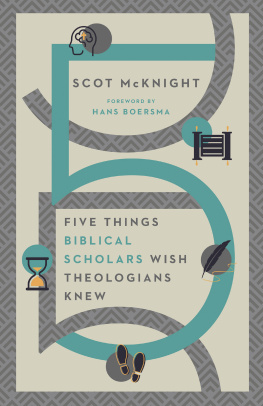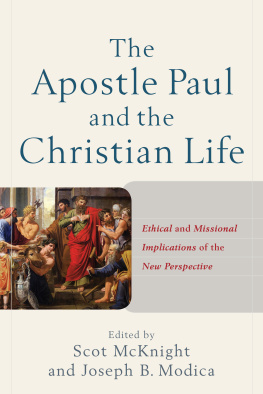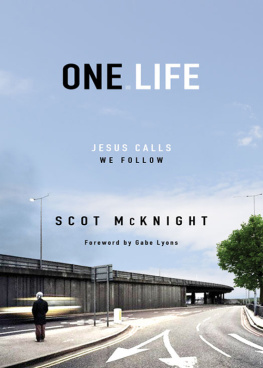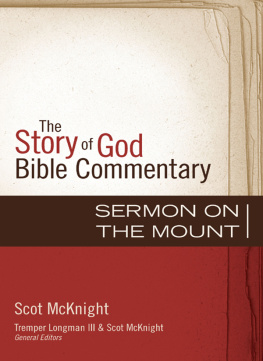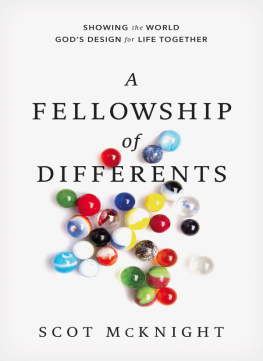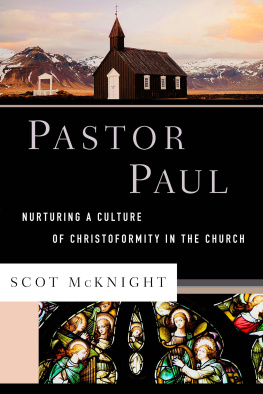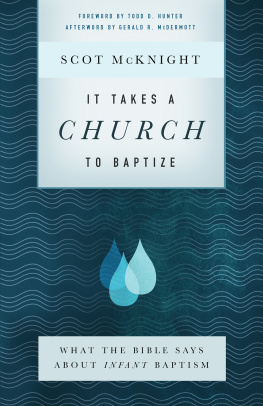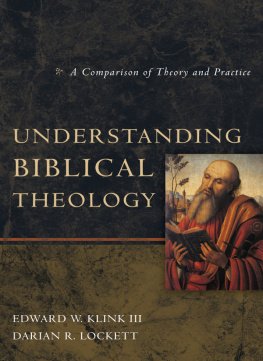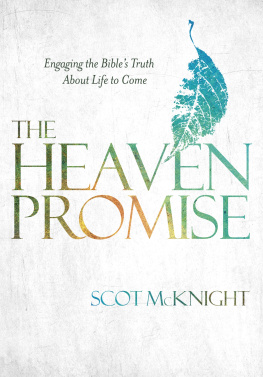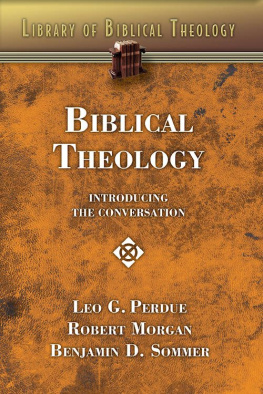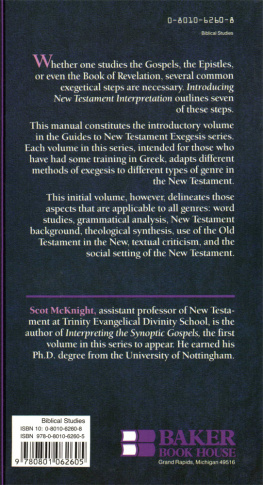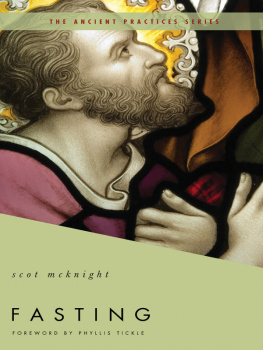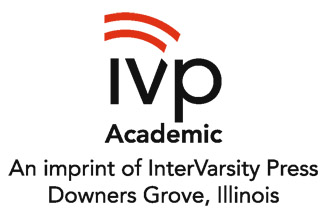Sommaire
Pagination de l'dition papier
Guide
InterVarsity Press
P.O. Box 1400, Downers Grove, IL 60515-1426
ivpress.com
2021 by Scot McKnight
All rights reserved. No part of this book may be reproduced in any form without written permission from InterVarsity Press.
InterVarsity Pressis the book-publishing division of InterVarsity Christian Fellowship/USA, a movement of students and faculty active on campus at hundreds of universities, colleges, and schools of nursing in the United States of America, and a member movement of the International Fellowship of Evangelical Students. For information about local and regional activities, visit intervarsity.org.
Scripture quotations, unless otherwise noted, are from the New Revised Standard Version Bible, copyright 1989 National Council of the Churches of Christ in the United States of America. Used by permission. All rights reserved worldwide.
The publisher cannot verify the accuracy or functionality of website URLs used in this book beyond the date of publication.
Cover design and image composite: David Fassett
Image: art deco texture: supermimicry / iStock / Getty Images
ISBN 978-0-8308-5517-9 (digital)
ISBN 978-0-8308-4935-2 (print)
This digital document has been produced by Nord Compo.
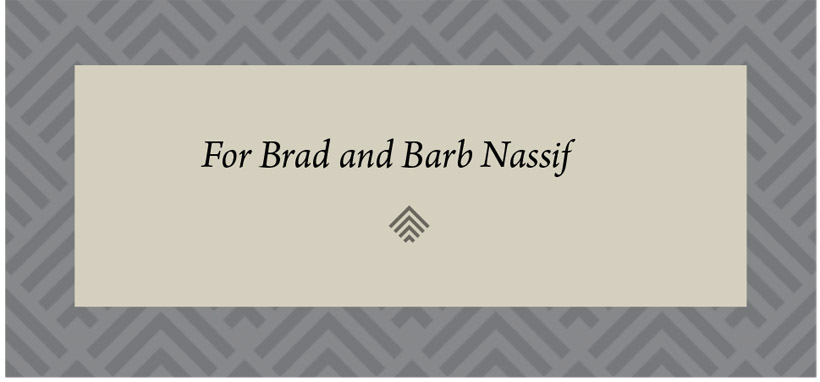
To know God is unlike any other knowledge; indeed, it is more truly to be known, and so transformed.
SARAH COAKLEY, GOD, SEXUALITY, AND THE SELF
The churches most faithful to Scripture are not those that legislate the most honorific propositions about Scripture but those that most often and thoughtfully read and hear it.... The primary doctrine of Scripture may be stated: privilege this book within the churchs living discourse.
ROBERT JENSON, SYSTEMATIC THEOLOGY
The canonicity of Scripture and the catholicity of the church imply each other.
KEVIN VANHOOZER AND DANIEL TREIER, THEOLOGY AND THE MIRROR OF SCRIPTURE
What then do theologians do? As pastors, they think deeply and compassionately. As prophets, they think deeply and courageously. As poets, they think deeply and creatively. Pastors, prophets and poets, and always in a way that is compassionate, courageous and creative.
BRIAN HARRIS, WHAT DO THEOLOGIANS DO?
Foreword
Hans Boersma
I AM JEALOUS OF SCOT MCKNIGHT. I wish I was as up to date on biblical scholarship as he is on dogmatic theology. Scot has closely read John Calvin, Robert Jenson, Fleming Rutledge, Sarah Coakley, Katherine Sonderegger, Beth Felker Jones, Kevin Vanhoozer, and many other theologians. In fact, its no false humility when I say I wish I had delved as deeply into some of these dogmatic theologians as Scot has. For this reason alone, I couldnt wish for a better dialogue partner than Scot McKnight: he is a biblical theologian thoroughly at home in that other world of dogmatic or systematic theology.
True, Scot regularly admits that he both loves and is irritated by some of the dogmatic theologians he reads. This shouldnt surprise us. His book is not about what he wishes biblical scholars knew but about what he wishes theologians knew. His last two chapters make clear that Scot is passionate about his wish that theologians knew more about narrative and about ethics than they typically do. Scot and I may not quite see eye to eye on these topics. But no matter my questions, let me here simply acknowledge that I think the focus of Scots critique is bang on. He is right to put into question the soterian gospel of North American evangelicalisma decisionist focus on conversion and an individualist view of salvation.
If theres one topic Scot and I might discuss over a beer at the pub one night, it is the Scripture-tradition relationship. Scot discusses tradition mostly when dealing with what he terms the retrieval model versus the expansive model of interpretation. The former wants to retrieve our theology straight from the Bible, while the latter insists on theological progress and growth in biblical interpretation. The expansive model wants to acknowledge tradition in developing ever-new insights into the biblical text over time. Scot wants to blend key aspects of both models, but it is clear that he is hardly tempted by a strict retrieval model. He rejects a nuda Scriptura approach that brackets off the tradition in theological articulation. Scot is not a primitivist or biblicistin the sense of trying simply to retrieve the original meaning of the text. He is keenly aware that Scripture is meant to be read through the lens of the churchs tradition.
Perhaps, after a beer or two, I might dare ask: Scot, youre talking about how we need tradition for biblical interpretation, and you know I agree. But you also talk repeatedly about taking the Bible as our starting point and about mirroring the Bibles own language and approach. But isnt Scripture itself the outcome of tradition? And if so, doesnt this priority of tradition over Scripture have implications for how we read the Bible? What I mean is this: long before the church canonized the Scriptures, she had a lived theology in liturgy, creeds, and numerous practices. Yves Congars The Meaning of Tradition draws attention to the importance of this precanonical tradition, pointing out that we would not even have had a formal teaching on the Eucharist by the apostle Paul, if errors and abuses had not existed in the community of Corinth. Without the life of the church, we would not have the Scriptures themselves.
Why does any of this matter? The reason, I think is this: if Scripture is one of the key elements of the tradition, then the churchs tradition is the primary (and authoritative) context for biblical reading. Whatever other contexts may shape usrace, color, gender, economic statusthese are not part of sacred tradition. That is to say, these experiential factors carry no authority in the practice of exegesis. Only the churchs tradition does, for it is only of the churchs tradition that we can say it was the womb that gave birth to Holy Scripture. I suppose what makes me skittish about sola Scripturaeven McKnights nuanced version of itis that with the sola approach, its easy for exhilarating and liberating human experiences to determine whether a particular interpretation is acceptable or not. Put differently, once we let go of the erroneous notion that exegesis is strictly about retrieving the authors original intent, we need to face another question head-on: Which context (or which tradition) shapes our exegetical practices?
Let me be crystal clear: Scots interpretation of the Bible is theological in character. What is more, he unapologetically insists that theology should be done within the church and ought to have the Great Tradition and the Nicene Creed as its starting point. To admit to a dogmatic lens in reading Scripture is not a source of embarrassment but is, on Scots understanding, an inescapable aspect of all proper exegesis. Biblical interpretation cannot bracketlet alone leave behindits basic christological and trinitarian creedal claims. One arrives at a proper reading of the biblical text not despite but in grateful dependence on ones prior creedal convictions. On Scots understanding, we need a retrieval of patristic modes of interpretation in order to uphold the trinitarian faith and the biblical path by which the early church arrived at it. All of this has my warm endorsement.

